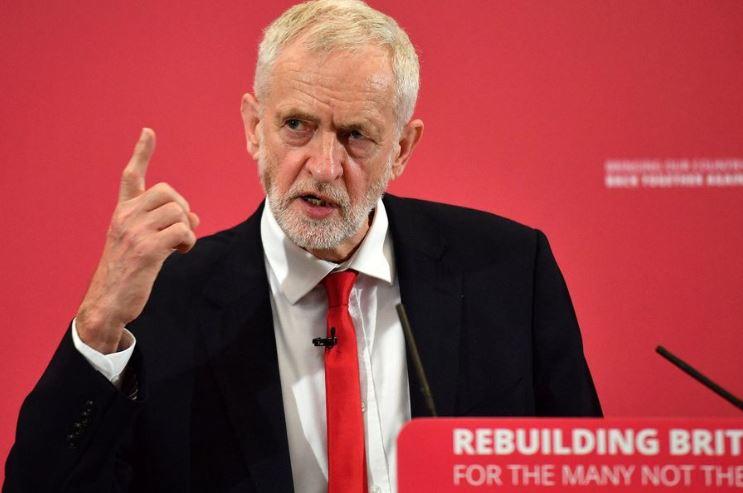As Prime Minister Boris Johnson faces the prospect of his rule being cut short, wealthy Britons have a message for Johnson's most likely successor: A 'no deal' Brexit makes no difference to them. But if Labour leader Jeremy Corbyn becomes PM, they will flee in droves, taking their money with them.
Johnson faces a new battle in the Commons after his first vote as PM saw him lose to rebel Tories and opposition MPs who object to a no-deal Brexit. Rebels voted 328-301 to take control of the agenda, allowing them to bring forward a bill requesting a Brexit delay.
In response, the PM has threatened to call a general election (of course, he would then need 2-3rds of lawmakers in the Commons to support an election for one to move forward), the BBC reports.
The chairman of one Swiss asset manager who helps wealthy Britons shield their money in tax havens warned that if Johnson is defeated in a snap election, and Corbyn becomes the next PM, it could trigger a wave of capital outflows as the wealthy scramble to move their assets (and themselves) out of the country.
"It’s clear there would be a major outflow of high net-worth individuals and families if a Corbyn government was to come to power," said Chris Kalin, group chairman of Zurich-based Henley & Partners Group.
"This is the big fear, not Brexit or even a no-deal Brexit. That doesn’t make any difference to our clients."
Looking back over the past few decades, tax rates for the UK's top bracket have consistently risen under Labour.
Labour's insistence on 'financial transparency' has led to discussions about the prospects for a new wealth transparency law that would require anybody with more than £1 million to file publicly available tax returns. Such a law would be a step on the road toward an Elizabeth Warren-style wealth tax, one of the agenda items that Corbyn has promised. He has also promised to raise income taxes for everybody earning more than £80,000, which would impact a large swath of working Britons.
To help restore the country's property market, Labour has called for higher taxes on unoccupied homes, which are typically owned by the wealthy. It's also planning to reform inheritance tax laws by adding a tax on real estate owned by foreigners, which would hit billionaires particularly hard, Bloomberg reports.
Labour has also promised to undo some of the privatization wave enacted by Prime Minister Margaret Thatcher. Energy, water and rail services would be among the first industries to be re-nationalized. The Royal Mail would also be re-nationalized under Corbyn's plan (not to be confused wit the Daily Mail).
Labour has vowed to undo the privatizations of key industries undertaken by Margaret Thatcher, the late Conservative Prime Minister. Corbyn is committed to re-nationalizing the energy, water, and rail sectors, as well as Royal Mail Plc. That could cost investors as the government may compensate stockholders on a book value basis rather than market value. Virgin Trains, owned by billionaires Richard Branson and Brian Souter, has a U.K. rail franchise set to expire in the next six months, but the firm announced plans this year for a new service from 2021 between Liverpool and London.
Under Corbyn, Labour has moved away from the centrism of Tony Blair's "New Labour" and toward a platform that doesn't shy away from using phrases like 'redistribution of wealth'. As it stands, the Corbyn has said he would move swiftly to pass legislation forcing companies with more than 250 employees to direct 10% of their equity stake to an "inclusive ownership fund" controlled by workers. The party is also readying a plan to force real-estate investors to sell apartments to tenants at below-market prices.
Fortunately, Labour's Shadow Chancellor has stressed that the party won't implement capital controls if it wins power, even if this triggers a significant devaluation in the pound. Hence, as a precaution, some super-wealthy families are already opening accounts in places like Monaco and Malta, which welcome the rich with low tax rates. Some have even looked into using a private aircraft to commute to the UK for business should they decide to leave.
The risks of an exodus by wealthy Britons became a focus last year when Jim Ratcliffe, founder of global chemicals manufacturer Ineos AG and (at the time) the UK's richest person, decided to move to Monaco along with two other billionaire Ineos directors, to avoid higher taxes.
And if Johnson's gambit fails and he's forced to turn over the reins to Corbyn, many more will likely follow in Ratcliffe's footsteps.





















